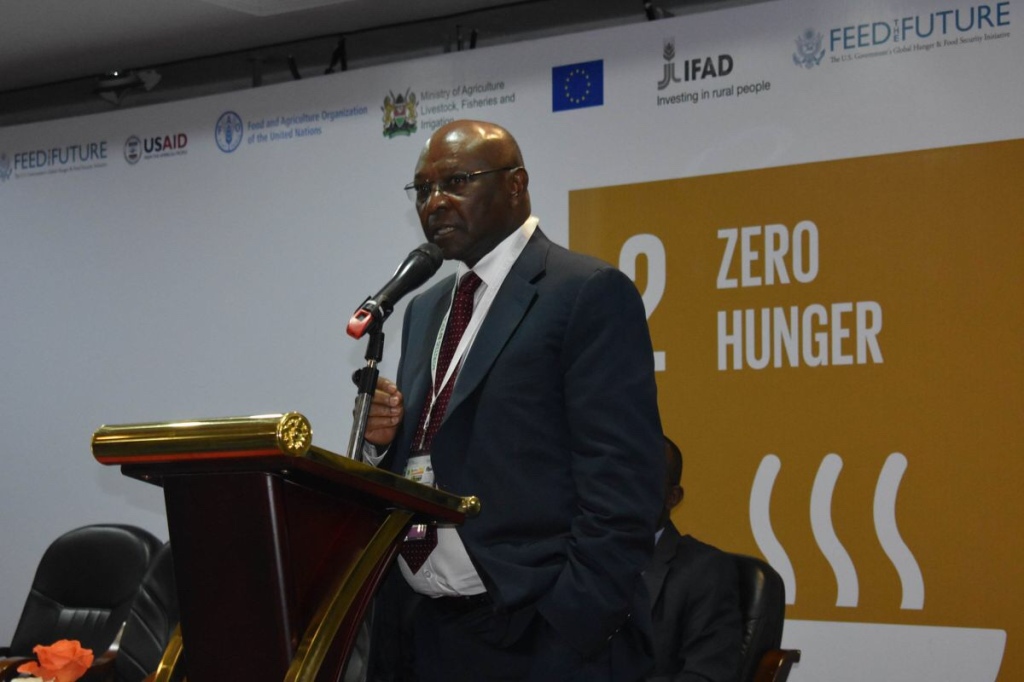It is ironical for Kenya that boasts of agriculture being the backbone of the economy, yet the subject does not exist in the primary school curriculum. Even in secondary schools, it is an optional subject which is not accorded the attention that it deserves. Wanambisi Wanjala, an Agriculture teacher at Minyenga Secondary School in Migori County, laments that recently the subject had its lessons reduced from five to four for form three and four students while their counterparts form one two had them reduced from four to three per week. Double lessons which are essential for practicals were scrapped all together. Her colleague, Esther Kariuki, who teaches at Murang’a High School adds that the examination setting pushes students to other technical subjects such as Business Studies and Home Science. In section A, for instance students have to answer 60 questions to earn 30 marks while in other subjects each answer carries a full mark. The message the education policy makers are sending is that Agriculture is not important both as a subject and a career.
In developed countries like the UK and the USA school going kids visit local farms to learn and appreciate where their food comes from. In our case this would not be necessary as farming takes place almost in every home though we could have practical agriculture contests or agricultural shows for schools. We could even change the name of the subject to Agribusiness and ban school farm punishments which depict the subject or career as ‘backward.
In a recent survey by Manpower, it has been observed that fewer students are taking agriculture related courses in tertiary institutions compared to other subjects. This begs the question, why would a student take a subject that they don’t have a thorough introduction? Studying agriculture at an early age will make the pupils appreciate the role of agriculture in the economy, arouse further interest in the subject and lead to furthering education in the area. The Kenyan government ought to make deliberate efforts to increase the enrolment of young people to agriculture courses. This tech savvy generation could harness technology and revolutionize entire food systems from production, post-harvest handling and marketing.
As a parliamentary candidate in the August 2017 General Election, I piloted the idea of school farms in one of the driest wards in Murang’a- Kambiti Ward. This was an extension to the Maragua Mentorship Program, where we motivated pupils to work hard while donating geometrical sets. We trained upper primary pupils on global goals for sustainable development. We would donate quality vegetable seeds for their school farms which normally do well in the area. The idea was to spark some interest in these kids on agriculture. The produce could also be used to supplement school feeding programs in the area as pupils normally miss school days due to hunger. According to World Bank, growth in agriculture sector is four more times effective in reducing poverty compared to other sectors. The figure could be eight times or higher in sub Saharan Africa.
Policy makers are blaming youth shying away from agriculture and seeking white colour jobs only. This is placing the cart before the horse. Agriculture remains the surest path to prosperity for Africa and with the youth comprising 65% of the population, they are a key resource that if well tapped could be the difference between success and failure. As the world grapples on how to feed almost ten billion people by 2050, the youth especially in Africa are a key resource and one way to prepare them for this challenge is to introduce them to agriculture as early as possible in schools. It is not too late to introduce the subject before the complete roll out of the competency based curriculum in Kenyan primary schools.
With the death of 4K clubs in schools and Food Security and Nutrition being among top agendas locally and globally as laid out in the Sustainable Development Goals and Big Four Agenda, it’s time to reintroduce agriculture as a compulsory subject in both primary & secondary schools.





Leave a reply to Samuel Ndungu Wairimu Cancel reply